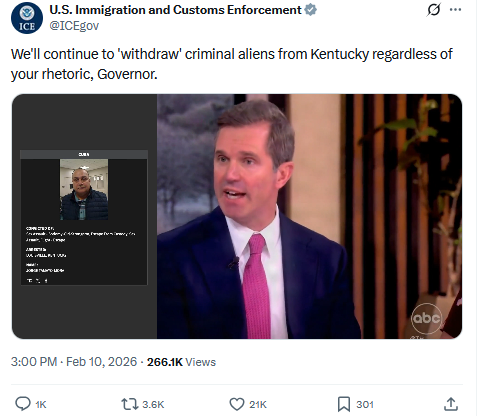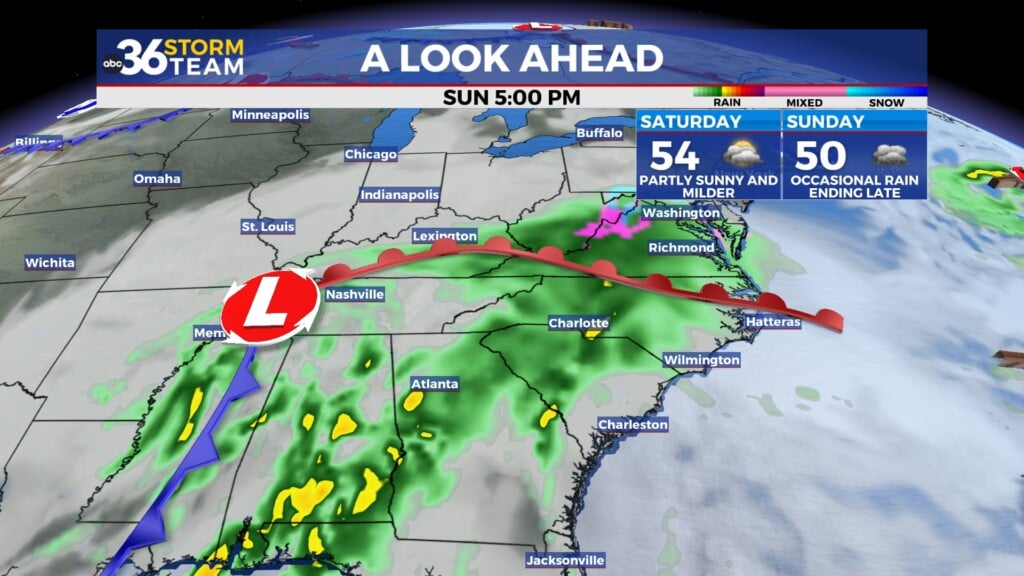Lexington discusses plans to comply with medical cannabis law
LEXINGTON, Ky. (WTVQ) — A few days ago Governor Andy Beshear announced five proposed regulations for medical marijuana.
A state-issued card will be required to buy medical marijuana in Kentucky once the program is up and running, beginning January 1ST, 2025.
During Tuesday’s work session the council heard plans regarding medical cannabis, which is set to become legal next year.
Currently, There’s legislation that could move the date up to this year, if passed.
“Everything will have to be done here in Kentucky from the growing the processing, the testing and the selling of it. So what we anticipate is that the licensing process will start this summer, it will either be immediately upon passage if the Senate bill passes, or it will be August 1 If the House bill passes,” said Susan Speckert, Commissioner.
Meantime, the city of Lexington is looking for ways to comply with the new law allowing medical marijuana.
“It really boils down to zoning, everything else falls under the state. So, they are responsible for deciding operationally what the license holders will have to do in order to be eligible for license for example. So, the state has in a regulation, the requirement that any cultivation take place in an enclosed locked facility,” says Speckert.
State law says the city can regulate medical cannabis by zoning ordinances, that will tell where cannabis businesses can and cannot be located at.
“The legislation requires that the growing areas be in an enclosed locked facility. And the different tiers are based on the size,” also added Speckert.
It can also regulate fees that can be collected.
Last Thursday, the planning commission initiated a Zoning Ordinance Text Amendment (ZOTA) to determine which land-use areas that cannabis businesses can be located in.
“In the various tiers would be principal use in the industrial zones and the R1that R1 and the IDI zones, they would also be an accessory use meaning essentially a principal use in the AR zones for the smaller tiers, tiers one and tier two, anything less than 10,000 square feet of internal growing. And then anything between 10,000- 50,000 square feet would be a conditional use in the agricultural zones, they would be prohibited in residential zones,” said Jim Duncan, director of planning.
Planning staff hopes to have the zota approved by council by mid-June.



